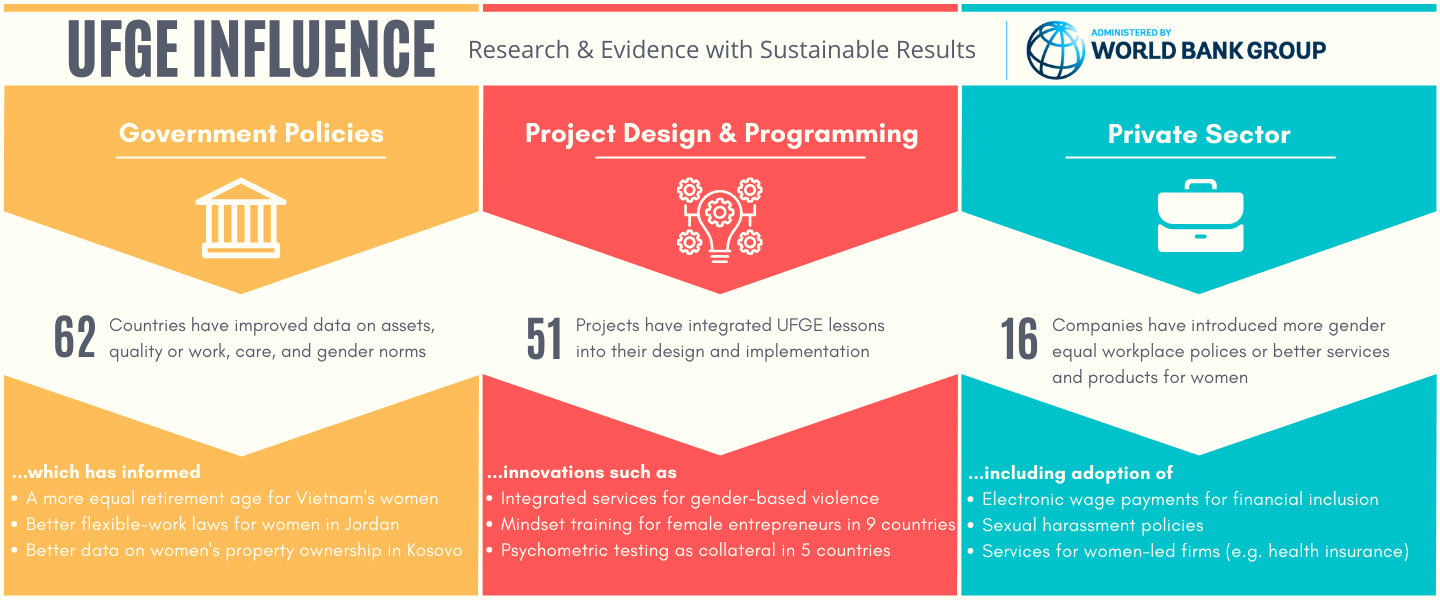Dec 18, 2019
In Bangladesh, only 36 percent of women have a formal bank account compared to 65 percent of men (WB Findex, 2017). Mobile financial services have great promise to address this gap, especially because they can reach populations that are expensive for banks, including women living in rural areas. Yet just one percent of women in Bangladesh held mobile accounts in 2016 (Financial Inclusion Insights, 2016). To reach more women, the UFGE funded a joint IFC and Bangladesh Bank project, Access to Mobile Financial Services for Women in Bangladesh.
